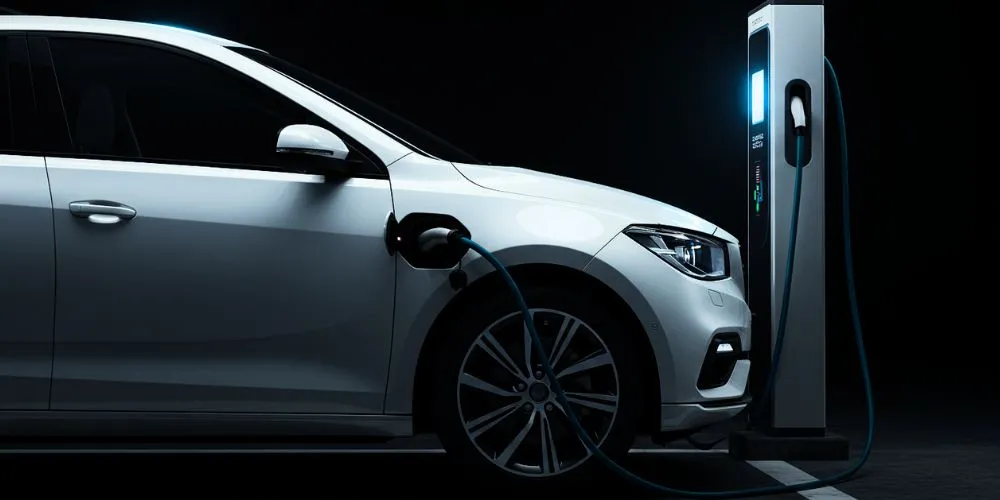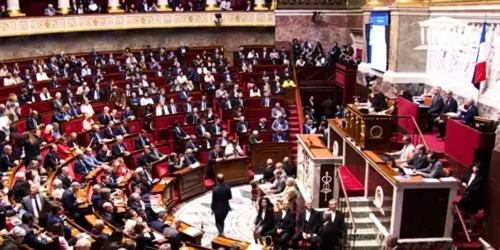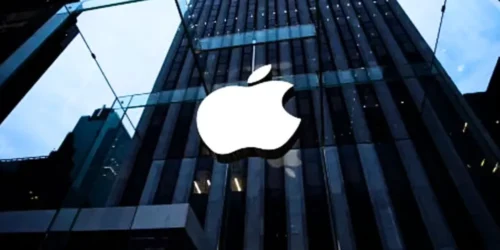We all want a clean energy future. We dream of electric vehicles gliding silently down our streets and our homes being powered by the sun and wind. However, this green vision has a dark secret: it is built on a foundation of intense, destructive, and often unethical mining practices. The transition away from fossil fuels is creating a new and voracious global demand for metals like lithium, cobalt, and copper, and we are not prepared for the consequences.
The Cobalt Conundrum
Consider the battery in your phone or electric car. It likely contains cobalt, a significant portion of which is mined in the Democratic Republic of Congo under horrific conditions, often involving child labor and flagrant human rights abuses. Our clean energy revolution is being built on the backs of some of the world’s most exploited people.
The New Geopolitical Chessboard
The age of oil geopolitics is not ending; the age of critical minerals is simply replacing it. A handful of countries, chief among them China, have secured a dominant position in the processing and supply chains for these essential metals. This creates new dependencies and new potential for international conflict and coercion.
Not in My Backyard
The demand for these metals is driving a push for new mines worldwide, including in environmentally sensitive areas. We want green technology, but we don’t want an open-pit mine or a chemical-leaching facility in our backyard. This hypocrisy outsources the environmental and social costs of our consumption to other, often poorer, communities.
A Circular Economy Is the Only Answer
We cannot simply mine our way to a sustainable future. The only viable path forward is to create a truly circular economy. This means designing products for durability and easy disassembly, and investing massively in the technology and infrastructure to recycle and reuse these critical minerals.
Conclusion
The green transition is necessary, but we must pursue it with our eyes wide open. We cannot trade one form of environmental and social destruction for another. A truly “green” future must also be an ethical one, which means confronting the true cost of the materials that power it and fighting for a just and circular supply chain.













